The First Fanhai Real Estate Finance Seminar was Successfully Held on Global Rea
发布时间:2018-12-14
On December 12,2018, The first Fanhai Real Estate Finance Seminar was successfully held at the Huangpu campus of Fanhai International School of Finance at Fudan University (FISF). Prominent professors from top business schools worldwide together with government decision-makers and young professors of FISF shared their latest research achievements on real estate finance and other related topics.
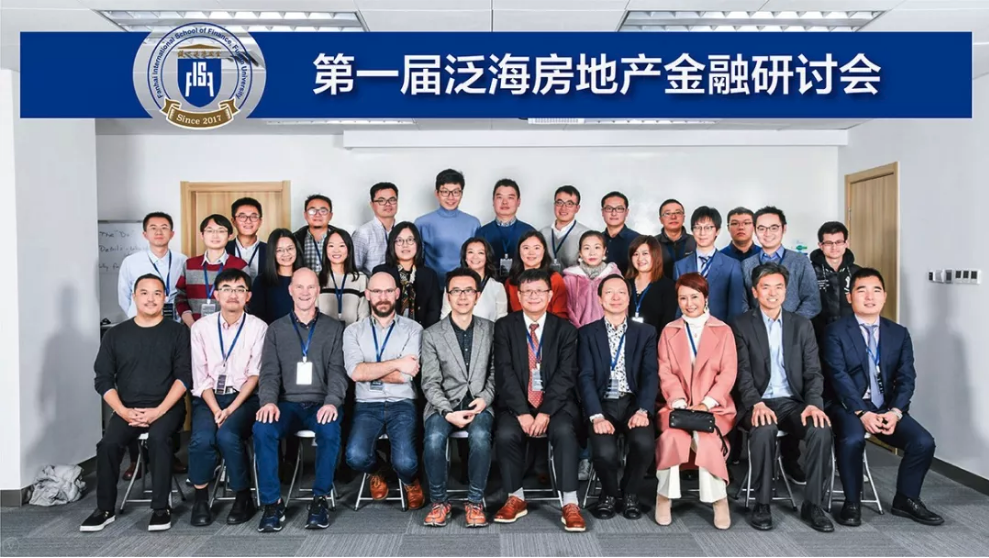
The seminar was presided by professor Gao Huasheng, Deputy Dean of FISF, and professor Qian Jun, Executive Dean of FISF, delivered the welcome speech and talked about the school’s achievement since establishment. The guests also included Professor Wei Shangjin, visiting professor of FISF; tenured professor of Columbia University and Professor Zhang Chunxin, Deputy Dean of Academics of FISF.

Professor Wang Xiaxin
Wang Xiaxin, Assistant Professor of Finance, FISF, presented a misreporting model of the transaction price and highlighted its manifold manifestation. For the second-hand housing transaction, once the reporting price is beyond certain level, a considerable amount of business tax shall be collected accordingly. Consequently, the reporting price may deviate from its real value and create motivation to misreport. The paper adopts a simple cost minimization model as its basis to deduce a three-stage misreporting model, which is highly consistent with the empirical result. Various possible factors influencing the misreporting model were further analyzed theoretically and empirically, including tax change, government guided price and mortgage. Moreover, the heterogeneity of the misreporting model turns out to be well explained by a simple descriptive model, exclusive of other factors such as taxes, heterogeneity of the misreporting cost and mortgage. The paper also discusses multiple possible forms and deductions of the misreporting cost function, and tests them with data. In general, the research improves the understanding of the misreporting behavior.
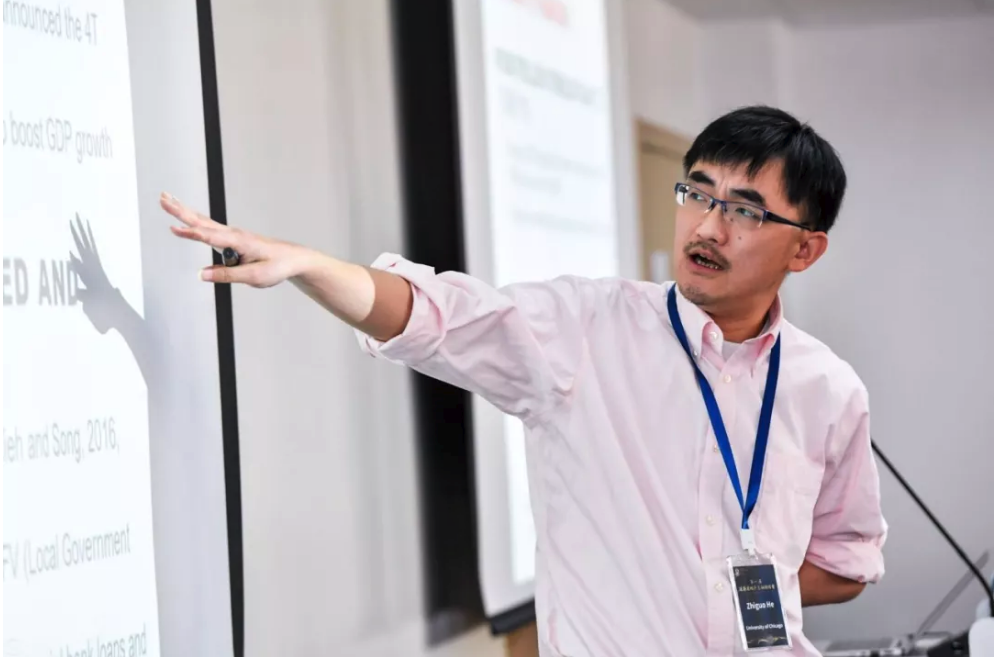
Professor He Zhiguo
Professor He Zhiguo from University of Chicago Booth School of Business, started his speech with changes in the composition of local government debt and focused on urban investment bonds. He showed us that under the pressure of repaying maturing bank loans, local governments in China, as the main implementer of the 2009 china “four trillion” stimulus plan, had to use non-bank debt instruments for debt replacement since 2012. As a result, the shadow banking in China developed rapidly since then.
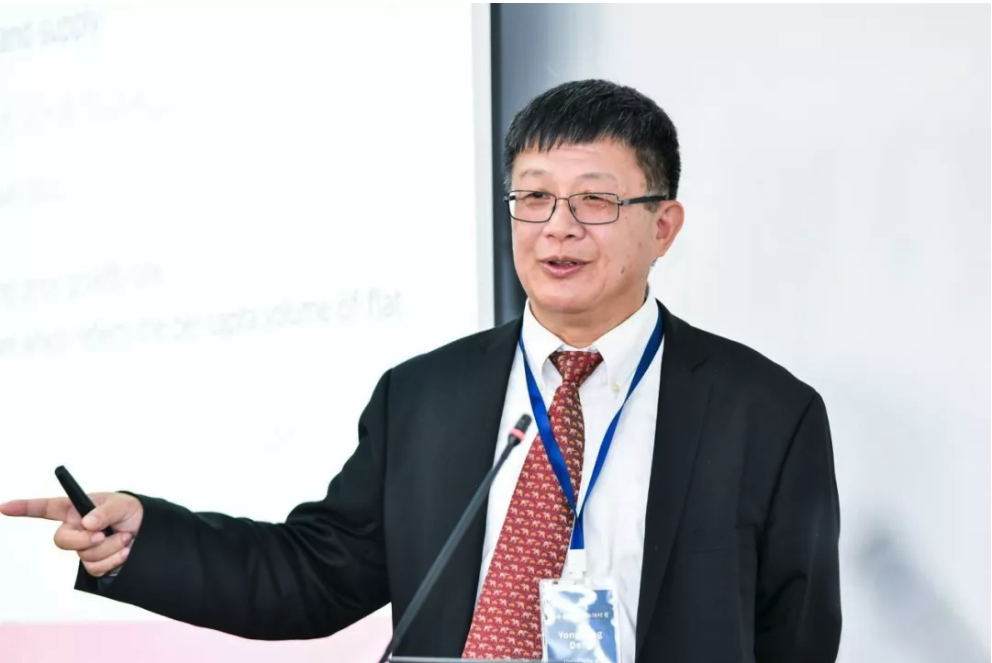
Professor Deng Yongheng
Professor Deng Yongheng, Distinguished Chair Professor of Wisconsin School of Business, University of Wisconsin-Madison, delivered a keynote speech and presided by Professor Wei Shangjin, visiting professor of FISF; tenured professor of Columbia University. Professor Deng discussed the local government debt risks in China and its connection with the real estate market. He also expounded the close relationship between the local housing market and the government fiscal policy in China, which was directly caused by the economic growth and financial reforms in recent years. To deal with such situation, local governments were compelled to launch the unique measure, LGFVs (local government financing vehicles), so as to finance for infrastructures through land sales. Professor Deng also studied the relationship between the debt solvency of LGFVs and the risk of local housing market. The study shows that, bonds issued by LGFVs have a low risk premium in areas where the housing price is expected to be higher. However, contrary to the public concern over soaring housing price’s contribution to possible overloaded local government debt, LGFVs did not make use of this mode to issue more bonds during the housing boom.
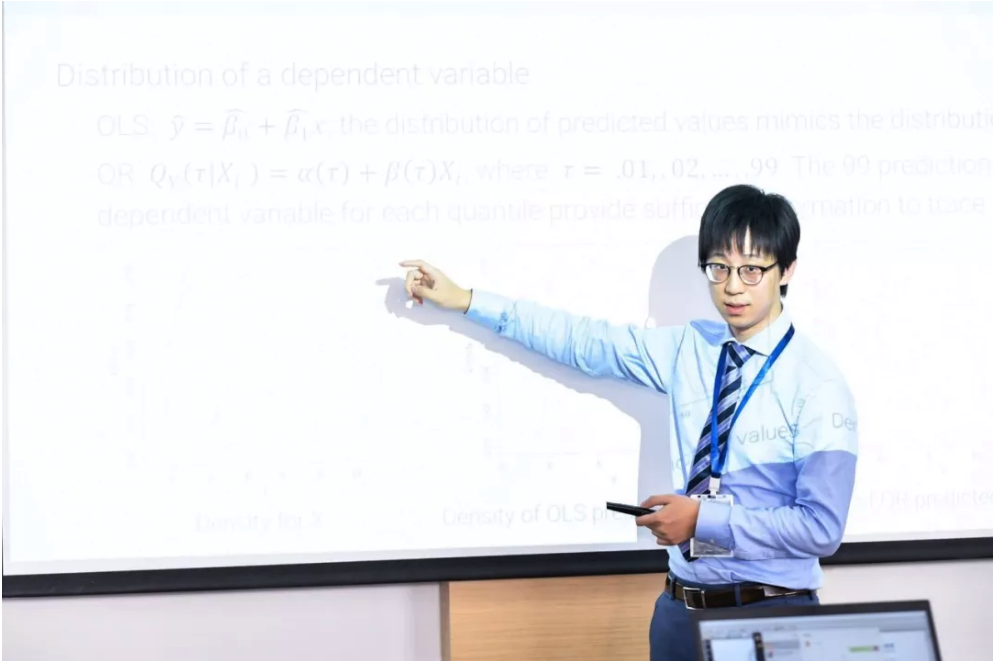
Professor Guo Xiangyu
After lunch break, Professor Guo Xiangyu, Assistant Professor of Finance, FISF, delivered a keynote speech on space estimate of the housing market’s price-to-rent ratios. He pointed out that the sales and rental price are usually at the core of the growing literature on housing price bubble, where the price-to-rent ratios are usually used to conduct space estimate. Yet, due to different features and huge spatial difference between commercial housing and rental housing, it is hard to describe the rental-sales change in different areas within the city by index estimation. The paper captures the dynamic changes in the city using nonlinear local weighting method to conduct space estimation of housing sales and rental price. Historical transaction data in Tokyo reveals that during the Japan bubble era, housing boom started from city center and expensive housing while depression started from remote suburbs and cheap housing.
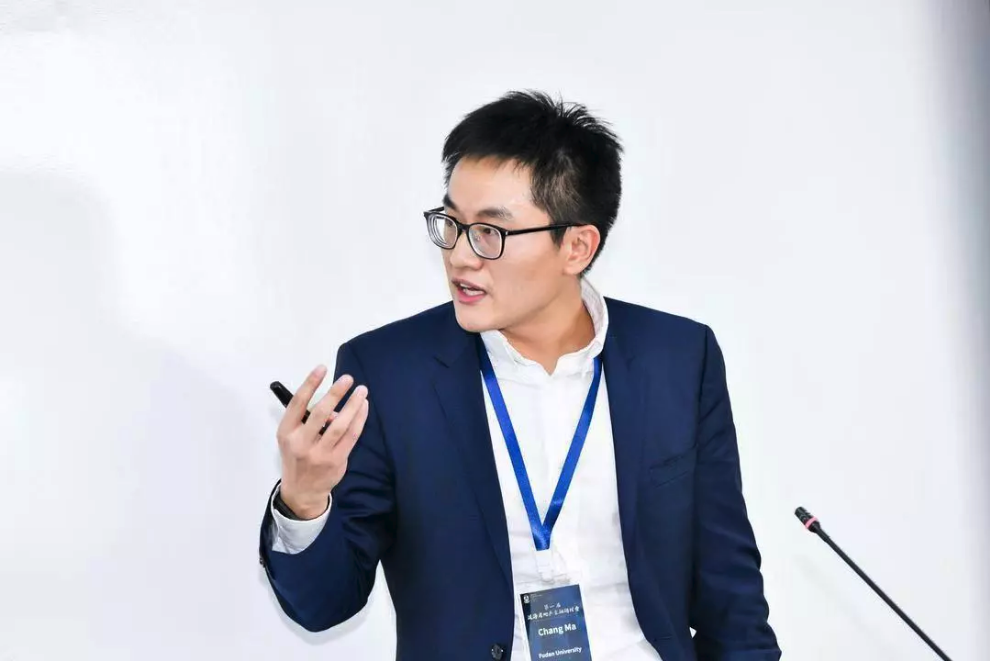
Professor Ma Chang
Afterwards, Professor Ma Chang, Assistant Professor of Finance, FISF, brought forward his latest research paper entitled “Capital Flows, Tangible Assets and House Prices: Micro Evidence from the German Boom”. The study shows that the rise in commercial and residential real estate prices coincided with the capital flow from Eurozone. Yet only commercial property amplifies the local business cycle. Bank-firm level data demonstrates that banks lent more towards enterprises, industries and regions with higher share of tangible assets, and more loans will inevitably cause higher commercial real estate price and positive spillover to the housing industry.

Professor Ouyang Min
Next, Professor Ouyang Min of Tsinghua University School of Economics and Management gave a speech entitled “Proof of Allegiance”. She discussed the role of corruption in assisting finance. Where traditional mortgage loan is restricted in economies like China, an agency-friction theory is built. Corruption helps the banks to overcome soft-budget constraint and induce the entrepreneurs to invest quality projects and repay their debts by investing in quality projects. So when anti-corruption campaign causes collateral damage on corruption-backed finance, banks’ search for yields lead to alternative lending based on pledging physical assets or stock sharing. Hence, the price of physical assets and the amount of equity pledge both rise. Data from China at the regional and the firm level gave theoretical evidence for professor Ouyang. The conclusion is that anti-corruption campaign without further institutional reform of financial market system could hinder financial intermediation, giving rise to undesirable consequences.
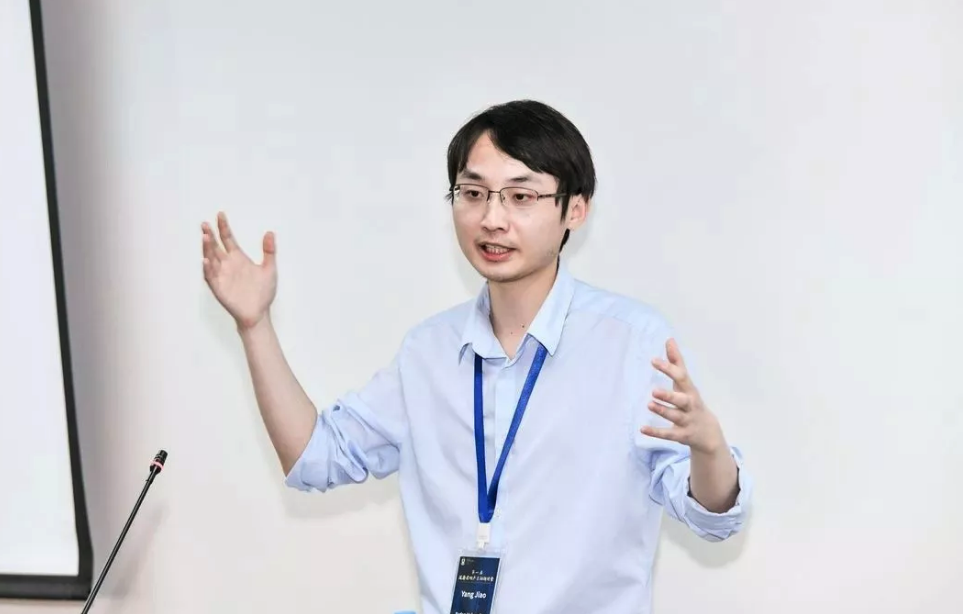
Professor Jiao Yang
Later on, Professor Jiao Yang, Assistant Professor of Finance, FISF, carried out his speech. His research focuses on geographical fragmentation in the knowledge economy. Based on empirical literature as well as theory of Information and Communication Technology (ICT) and production fragmentation, a spatial equilibrium model is developed with domestic production fragmentation to analyze the impact of reduction in cross-city production team formation cost. The model generates predictions consistent with observed empirical patterns, including more spatial segregation between skilled and unskilled workers, and occupation specialization across US cities over time. In contrast to findings in the international offshoring literature, in which there are winners and losers, it finds that Pareto welfare gains for all agents with heterogeneous talents, together with a substantial measured labor productivity increase at the aggregate level.

Director Hu Xiaozhong
At last, Mr. Hu Xiaozhong, Director of Construction Management Department, Shanghai Municipal Planning and Natural Resource Bureau, shared the new strategy for urbanization of Shanghai in the future, involving refined urban management, intensive land use, highly efficient industrial land and regular urban renewal. With all these efforts will Shanghai become a more dynamic prosperous city, a more attractive humanistic city and a more sustainable eco-city.